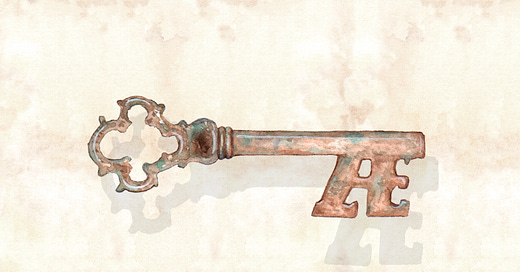For most of the world, today marks the beginning of the year. To those of us who use the Gregorian calendar, January 1st reflects another completion of the earth’s rotations around the sun, inspiring new resolutions and thoughts of fresh beginnings.
As is often the case, new year celebrations are a good example of something that feels timeless, scientific, and established - but a knowledge of history and other cultures informs us that it is entirely constructed.
That the new year begins today is rather arbitrary. It is not reflected in the astronomical movements of the solar system, nor can these movements be precisely measured in lots of 365 days. This year, 2024 is a leap year to account for the fact that as astronomical year is closer to 365 and a quarter days. The Julian Calendar, which was established by Julius Caesar in 45 BC, had a leap year once every 4 years without exception. However, the astronomical year is actually 365.2422 days, meaning that the calendar shifted out of sync by one day per century. There was a concern that important liturgical feast days such as Easter were being celebrated on the wrong day.
The Gregorian calendar came into effect officially in 1582 to rectify this problem, under the authority of Pope Gregory XIII. This calendar does not have a leap year during years that are divisible by 100 but not divisible by 400, to account for the slight discrepancy, and the calendar was pushed forward by 10 days. (Bad luck for those who missed their birthdays - or did it make them a year younger?). The Gregorian calendar has been adopted incrementally by nations in the centuries since. Many cultures use alternative calendars - to those people, today is just any other day.
In early medieval England, the calendar year was not standardised like it is now. There were varying opinions about when the calendar year should renew, and different historical sources consider the beginning of the year to land on different dates. For historians trying to work out exactly when events happened, this can become a real problem.
The historian Bede (who lived c. 672-735) tells us in his work The Reckoning of Time that before the conversion of the English people to Christianity, they celebrated the beginning of the new year on what is now Christmas Day, the 25th December, in a festival called ‘Mother’s Night’:




